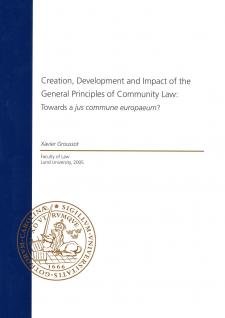Creation, Development and Impact of the General Principles of Community Law: Towards a Jus Commune Europaeum?
Keywords:
community law, general principles of law, general principles of community law, jus commune, EJC, legitimacy, European Convention of Human Rights, Charter of Human Rights, Spill-overSynopsis
The aim of this research is two-fold. First, the general principles of Community law are analyzed as ”legitimacy principles” which permit the European Court of Justice to review the acts of the institutions and the Member States. Second, the basic assessment is to reckon the general principles of Community law as effective tools for the building of a jus commune europaeum when they ”travel back" to the national legal systems. The creation of this common law is realized in the administrative and constitutional areas. Indeed, following an etiological approach, the general principles of Community law can be divided into three main groups: the administrative principles (such as proportionality and legitimate expectations), the due process principles which constitute “hybrid principles” as they are imbued with administrative and constitutional values (such as the right to be heard), and, finally, fundamental rights.

Downloads
- Xavier Groussot (2005) Creation Development and Impact of the General Principles of Community Law.pdf Xavier Groussot (2005) Creation Development and Impact of the General Principles of Community Law.pdf
- Corrigendum 2022-05-23.pdf Corrigendum 2022-05-23.pdf





